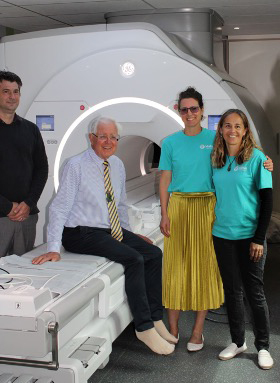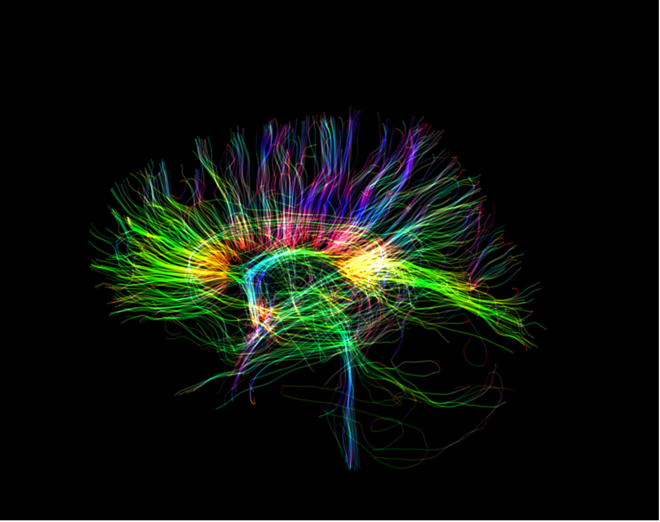Using automation to enable faster collection and analysis of MRI data
The below case study shares some of the technical details and outcomes of the scientific and HPC-focused programming support provided to a research project through NeSI’s Consultancy Service.
This service supports projects across a range of domains, with an aim to lift researchers’ productivity, efficiency, and skills in research computing. If you are interested to learn more or apply for Consultancy support, visit our Consultancy Service page.
Research background
Mild traumatic brain injury (mTBI) is a significant issue both in New Zealand (NZ) and worldwide. There are 749 cases per 100,000 person of concussion in NZ, greater than any other country in the developed world. ACC statistics show that nearly 14,000 people were treated for TBI, at a cost of $83.5 million in 2015; Māori recorded the highest total and mean cost per ACC claim compared with any other ethnic group. Annual NZ figures from ACC (data request #46858) also show a 32% increase from 2010 to 2017 in total new concussion-related claims. This demonstrates the necessity for a deeper understanding of the human brain to allow early diagnosis and interventions of subtle TBI induced changes in the brain network.
Dr Eryn Kwon, of the Auckland Bioengineering Institute (ABI) at the University of Auckland and the Mātai Medical Research Institute, is working on a project which involves collecting and analysing MRI data from participants in New Zealand. We know that the early detection to improve the management and reduce the severity of head injury can make a difference. Currently mTBI is hard to identify and therefore difficult to provide tailored treatments early on. This makes it difficult to accurately diagnose and treat. The research underway at Mātai could help improve early identification, evaluation, and management of concussion. The findings could expand into other areas understanding in a range of other brain disorders, including mental health and neurodegenerative diseases.

Project challenges
Mātai's MRI machine, located in Gisborne, generates large amounts of data, and the analysis of the data is expensive. Therefore there is a need to run the analysis on NeSI’s platform, which means the data needs to be transferred there before the processing can happen. In addition, due to the large number of participants that will be scanned in the MRI machine, manually transferring data is cumbersome and expensive, and automation would be very beneficial.
What was done
NeSI Research Software Engineer Chris Scott and Data Science Engineer Maxime Rio worked with Eryn to explore options for automating the data transfer process from the MRI machine to NeSI’s HPC facility. We created a Python program using the Globus SDK to automatically sync an MRI image directory, to NeSI. Due to limited bandwidth out of the MRI facility, we created an option in the software for it to run overnight, to avoid disruptions to the researchers’ work flow during the day.
This initial tool serves as proof of concept, showing how data transfer could work between the two facilities. Currently an improved system for managing the data is being developed at the source. In the future, we would like to integrate our tool with this. In addition, once the analysis pipelines are developed and running on NeSI, we plan to explore whether we can integrate the transfer and processing steps to create a fully automated pipeline.
Main outcomes
- Created a tool for automatically syncing a directory between two Globus endpoints
- The tool can run on a schedule, such as overnight only, and resume transfers started previously but not completed
- Option to delete the source once transferred to free up space at the source
- Provides e-mail notifications on transfer progress and completion
Researcher feedback
"I have really enjoyed working with NeSI. The consultations were in-depth and provided tailored solutions to our environments/circumstances. The outcome was better than what I had initially hoped for. The automated data transfer with scheduling and destination setting functions allowed us to send large data out to multiple depositories, allowing streamlined image analysis."
- Eryn Kwon, Research Fellow, Mātai Medical Research institute
Do you have a research project that could benefit from working with NeSI research software engineers or our data engineer? Learn more about what kind of support they can offer and get in touch by emailing support@nesi.org.nz.







